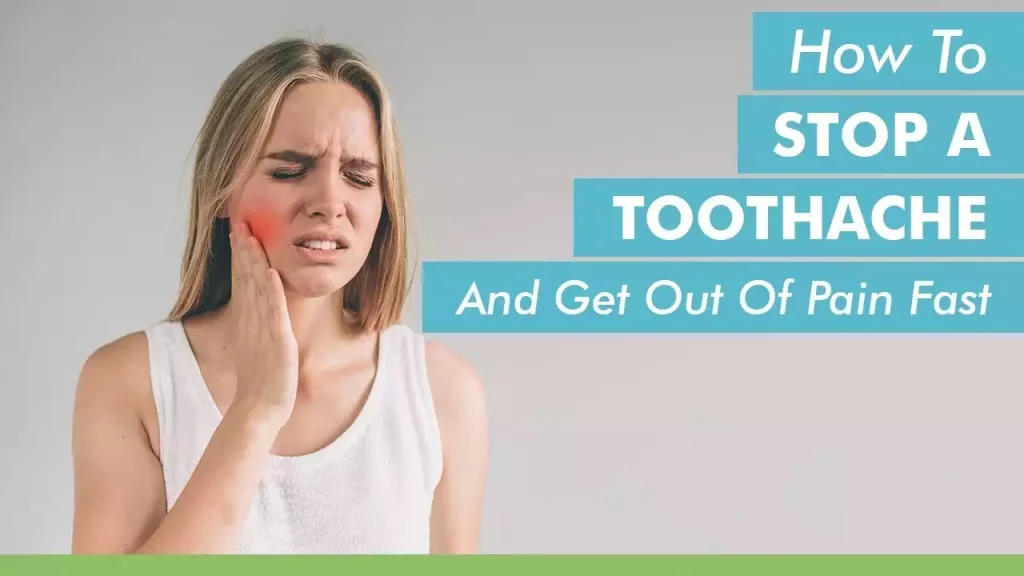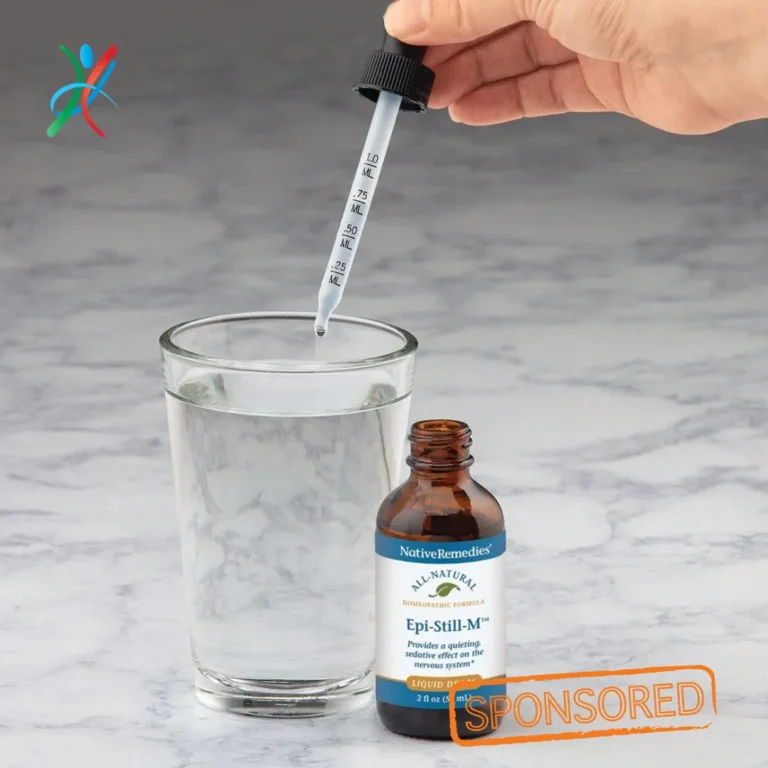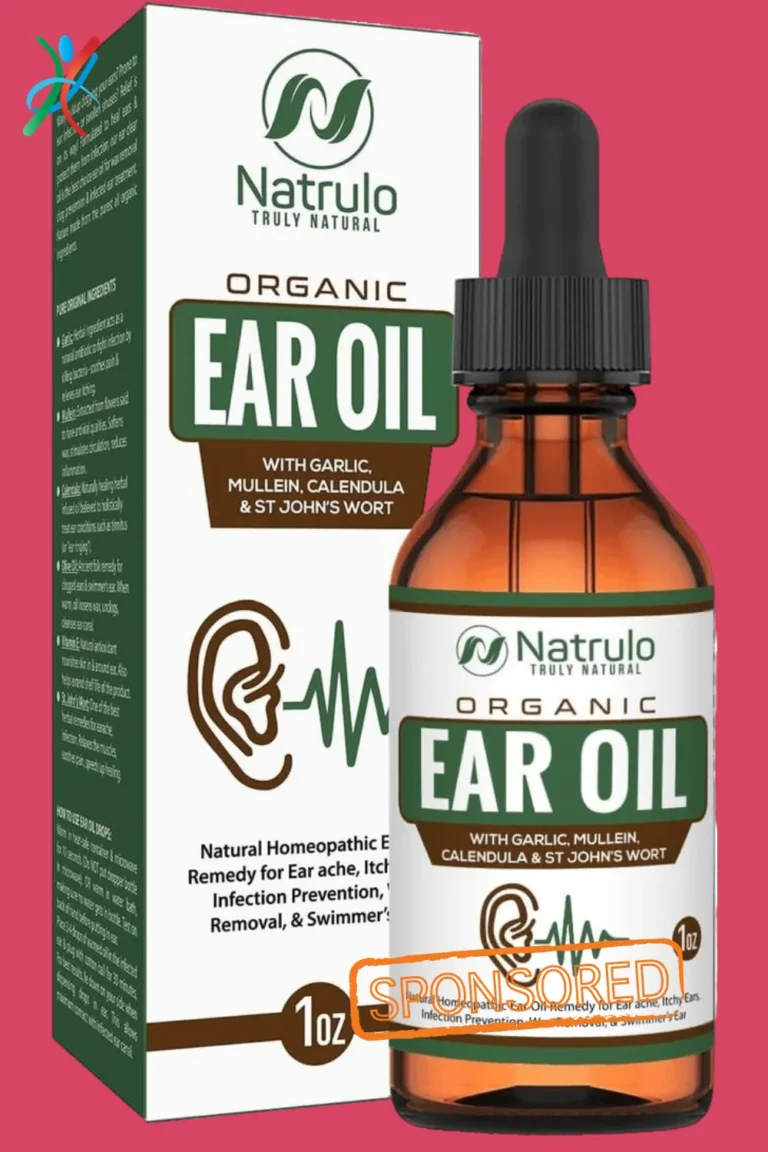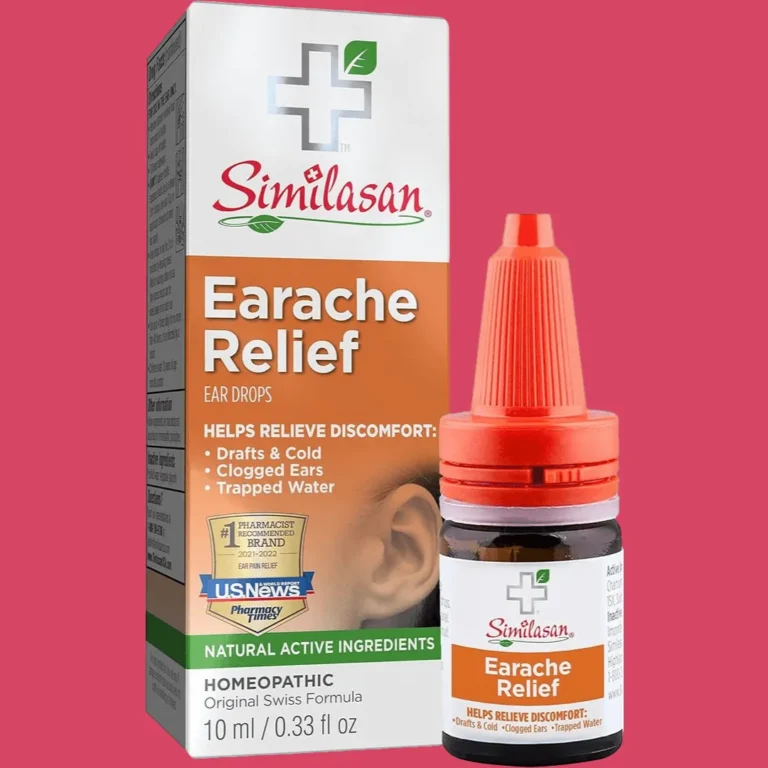Ways to Ease TOOTHACHE Pain
There are few things in life more excruciating and disruptive than the relentless throb of a toothache.
Imagine being caught in the middle of an important meeting, out on a long-awaited date, or simply trying to enjoy a peaceful night’s sleep, only to be jolted back to reality by the sharp pangs radiating from your jaw.
It’s a scenario many of us dread but almost all will experience at some point.
Fortunately, there are numerous ways to ease toothache pain that don’t necessarily require an immediate trip to the dentist.
In this article, we’ll explore both time-honored home remedies and modern medical interventions designed to bring swift relief from dental discomfort.
From clove oil’s natural analgesic properties to over-the-counter medications that can dull the ache, you’ll discover practical solutions tailored for various levels of pain and accessibility.
So whether you’re battling a minor twinge or grappling with severe agony, read on for effective methods that can help you reclaim your comfort and peace of mind.
Toothaches are an unpleasant part of life, but there are plenty of ways to ease the pain while you wait for the dentist to set you free.
Keep in mind that your best course of action is to prevent toothaches in the first place.
The best way to do this is to brush your teeth at least twice a day, floss regularly, get regular dental checkups, and avoid acidic or sugary foods. If you already have a toothache, you’ll want to apply cold compresses to the affected area.
The pain of a toothache is frustrating and can keep you from sleeping or enjoying your favorite foods.
And when you’re in pain, it’s hard to think about anything else.
Before you reach for a pain reliever, though, try these toothache remedies—many of which you can use without seeing a dentist.
Table of Contents Ways to Ease TOOTHACHE Pain
Some people suffer achy teeth…
because of sinus problems; that’s probably the case if you notice that the pain is limited to your upper teeth and that several teeth are affected at one time.
Recent dental work can cause a tooth to be sensitive to temperature changes for a few weeks.
But some types of pain deserve immediate attention from your dentist.
If you feel a sharp pain when you bite down, for instance, you may have a cavity, a loose filling, a cracked tooth, or damaged pulp (that’s the inner core of the tooth that contains the blood vessels and nerves).
Some types of pain deserve immediate attention from your dentist. If you feel a sharp pain when you bite down, for instance, you may have a cavity, a loose filling, a cracked tooth, or damaged pulp (that’s the inner core of the tooth that contains the blood vessels and nerves).
Pain that sticks around for more than 30 minutes…
after eating hot or cold foods can also indicate pulp damage, either from a deep cavity or a blow to the tooth.
And the stereotypical toothache with constant and severe pain, swelling, and sensitivity is definitely a sign of trouble. “If the pain wakes you up at night, it’s serious,” says Joseph Tenca, D.D.S., M.A., past president of the American Association of Endodontists and professor and chairman of the Department of Endodontics at Tufts University School of Dental Medicine in Boston.
You could have an abscessed tooth
That means the pulp of the tooth has died, resulting in an infection that can spread to the gum and even to the bone. Pain associated with the pulp of the tooth is kind of tricky. It can let you know that damage has occurred. “But the degeneration of the nerves (in the pulp) can be very rapid,” points out Alan H. Gluskin, D.D.S., associate professor and chairperson of the Department of Endodontics at the University of the Pacific School of Dentistry in San Francisco.
“They can die within a 12-hour period.” So the pain disappears.
But then the tooth hurts again as the dead tissue becomes infected, or abscessed.
That’s why putting off dental attention for a toothache can mean bad news.
But if it’s 3:00 in the morning…
or the middle of Sunday afternoon, you can take some temporary measures to deal with the pain until you can get into the dental office: Take two aspirin … or acetaminophen or ibuprofen, “whatever over-the-counter analgesic you use to relieve your headaches,” says Tenca. Roland C. Duell, D.D.S. , M.S. , professor of endodontics with the Department of Oral Health Practice at the University of Kentucky College of Dentistry in Lexington, points out that ibuprofen is best at relieving inflammation, which may accompany a toothache.
Apply oil of cloves.
You can pick this up at the pharmacy. Follow the directions for use, and be sure to put it only on the tooth and NOT on the gum.
Otherwise, your burning gums may distract you from your toothache. And remember, oil of cloves won’t cure the toothache; it just numbs the nerve.
Cool the swelling.
Put a cold compress on the outside of your cheek if you’ve got swelling from the toothache. Chill the pain. Holding an ice cube or cold water in the mouth may relieve the pain, says Tenca. But if you find that it simply aggravates your sensitive tooth, skip it.
Keep your head up.
Elevating your head can decrease the pressure in the area, says Duell.
Rinse mouth with warm water
One effective method to alleviate discomfort caused by dental pain involves utilizing warm water to rinse the mouth.
Rinsing the mouth with warm water can help to reduce inflammation and cleanse the affected area by flushing out debris or bacteria that may be contributing to the pain.
The gentle warmth of the water can also provide a soothing sensation that helps to alleviate some of the discomfort associated with toothache.
Additionally, warm water can help to promote improved blood circulation in the oral tissues, facilitating the body’s natural healing process.
This simple yet beneficial practice can offer temporary relief while waiting to seek professional dental treatment for persistent toothache issues.
Apply a cold compress
For a more immediate and targeted approach to pain relief, consider applying a cold compress to the affected area.
A cold compress can help to numb the pain, reduce swelling, and provide a soothing sensation to alleviate discomfort.
By constricting blood vessels and decreasing inflammation, the cold temperature can help to temporarily ease toothache symptoms.
Simply wrap a bag of ice or a cold pack in a thin towel and gently apply it to the outside of the cheek near the painful tooth.
Be sure to limit the application to 10-15 minutes at a time to avoid potential skin damage or overexposure to cold temperatures.
This simple yet effective technique can offer quick relief while waiting for professional dental care.
Use over-the-counter pain relievers
To manage toothache pain, over-the-counter pain relievers can be a valuable tool in alleviating discomfort.
Non-prescription medications such as ibuprofen or acetaminophen can help reduce inflammation and provide temporary relief from toothache symptoms.
These pain relievers work by targeting the source of the pain, helping to reduce both the intensity and duration of discomfort.
When using over-the-counter medications, it is essential to follow the recommended dosage instructions and consult with a healthcare provider if you have any underlying medical conditions or concerns about potential side effects.
Incorporating these medications into your pain management strategy can offer additional support in controlling toothache pain before seeking professional dental treatment.
Avoid extremely hot or cold
It is essential to avoid consuming extremely hot or cold food and beverages in case of a toothache.
Extreme temperatures can exacerbate tooth sensitivity, leading to increased pain and discomfort.
Both hot and cold items can trigger heightened nerve responses in the teeth, causing sharp shooting pain.
Therefore, it is advisable to opt for lukewarm or room temperature items to prevent further irritation to the affected tooth.
By avoiding extremes in temperature, individuals can help minimize the intensity of toothache symptoms and provide a more comfortable oral environment while waiting for professional dental assistance.
See a dentist promptly
In cases of persistent or severe toothache, it is crucial to seek prompt professional dental care by scheduling an appointment with a qualified dentist.
While home remedies and self-care measures can provide temporary relief, addressing the underlying cause of the toothache requires the expertise of a dental professional.
Dentists are trained to diagnose oral health issues accurately, identify the specific cause of the toothache, and recommend appropriate treatment options to alleviate pain and prevent further complications.
Delaying dental treatment can lead to worsened symptoms, potential infection, and additional oral health problems.
By seeking timely dental care, individuals can effectively manage toothache pain and maintain optimal oral health.
In conclusion, toothaches can be a nuisance and should never be ignored.
The tips provided in this article offer effective ways to alleviate the discomfort associated with tooth pain, but it’s essential to remember that these are temporary measures and not substitutes for professional dental care.
If you are experiencing persistent or severe toothache, it is crucial to seek the expertise of a dentist promptly to address the underlying issue and prevent further complications.
Maintaining good oral hygiene practices, such as regular brushing, flossing, and dental check-ups, is key to preventing toothaches and ensuring overall dental health.
Remember, your oral health is an essential component of your overall well-being, so don’t hesitate to prioritize it.
FAQ
What are some home remedies that can help ease toothache pain?
Some home remedies for toothache pain include rinsing with warm salt water, applying a cold compress to the outside of the mouth, using over-the-counter pain medications like ibuprofen, clove oil, and garlic paste.
These remedies can help alleviate pain temporarily until you can see a dentist for proper treatment.
However, it’s important to consult with a dentist for a proper diagnosis and treatment plan for toothaches.
How can over-the-counter pain medications help alleviate toothache pain?
Over-the-counter pain medications, such as ibuprofen or acetaminophen, can help alleviate toothache pain by reducing inflammation and blocking pain signals in the nerves.
These medications can help provide temporary relief from the discomfort associated with toothaches until a dental appointment can be scheduled to address the root cause of the pain.
It is essential to follow the recommended dosage instructions and consult with a healthcare professional if the pain persists or worsens.
What are some natural remedies, such as clove oil or peppermint tea, that can provide relief for toothache pain?
Clove oil can act as a natural analgesic and antibacterial agent for toothache pain relief.
Peppermint tea can also help alleviate discomfort due to its anti-inflammatory properties.
Both remedies can be applied topically to the affected area or consumed orally to reduce pain and inflammation associated with toothaches.
However, it’s important to consult a dentist for proper diagnosis and treatment of the underlying cause of the toothache.
Are there any specific foods or drinks that should be avoided when experiencing toothache pain?
When experiencing toothache pain, it is best to avoid extremely hot or cold foods and drinks as they can trigger sensitivity and cause discomfort.
Sugary foods and acidic beverages should also be avoided as they can worsen toothache pain by irritating the affected area.
It is advisable to stick to soft, bland foods and drink water to stay hydrated.
If the pain persists, it is essential to seek dental advice to address the underlying cause of the toothache.
When should someone seek professional dental treatment for a toothache, rather than relying on home remedies?
If a toothache persists for more than 2 days, is accompanied by fever or swelling, or is causing severe pain or difficulty chewing, it is advisable to seek professional dental treatment rather than relying on home remedies.
This is especially important if the toothache is due to an underlying dental issue such as infection, decay, or abscess that may require immediate attention from a dentist to prevent further complications.







